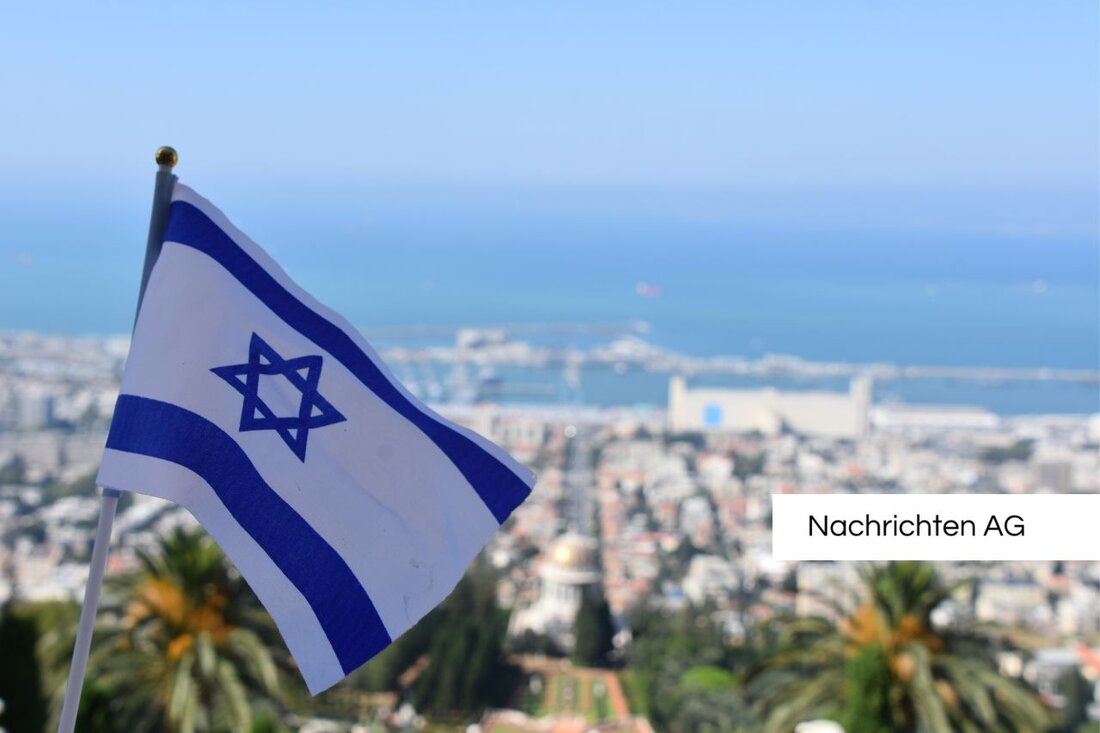Sebastian Kurz: I don’t regret my resignation – my new plans!”
Sebastian Kurz talks in the podcast about his resignation, new challenges and his perspectives in politics.

Sebastian Kurz: I don’t regret my resignation – my new plans!”
In the latest episode of the “Official Secrets” podcast, Johannes Pressl speaks with Sebastian Kurz, the former Chancellor of Austria. The topic of the conversation is his retirement from politics and his new life as a consultant, entrepreneur and investor. Kurz said that he did not regret his retirement from politics and that he really enjoyed his time serving the population. After ten years in government and a total of 15 years in politics, he is looking for new experiences.
Kurz now spends half of his time abroad and was working on a new business concept on the evening of his resignation. He has already founded companies in Abu Dhabi, Vienna and Israel because he finds getting to know different cultures enriching. Despite his global travels, he plans to maintain his base in Vienna as well as a second home in Lower Austria.
Political perspectives
In the conversation, Kurz emphasized that he sees communities as the “most relevant level of the state structure” for people’s lives. It recognizes the hard work of dedicated mayors and councilors who have a direct impact on the lives of citizens. He also says that he sees opportunities in times of crisis and cannot understand the pessimism, especially among young people.
Looking at a broader European perspective, Kurz raises concerns about Europe's competitiveness. He notes that Europe is no longer the center of the world and sees emerging states such as the USA, China and the United Arab Emirates at an advantage. In this context, he appeals to European leaders to “end uncontrolled immigration” in order to ensure security and prosperity. The Austrian Association of Municipalities, which has represented the interests of cities and municipalities in Austria since 1947, plays a central role here and includes around 70 percent of the population.
Integration and political participation
The topic of migration and integration remains important in the current political discussion. Around 82.2 million people live in Germany, around 8.7 million of whom do not have German citizenship. The political participation of migrants in particular is a central element of their integration. This is divided into informal and formal political participation, with formal political participation in Germany being tied to German citizenship.
Migrants without German citizenship are excluded from local, state and federal elections. This exclusion is often referred to as the “democratic deficit” because it limits opportunities for participation in political processes. Discussions about extending local voting rights to foreigners, especially third-country nationals, have been ongoing for many years. While EU citizens can take part in local elections - a right that was enshrined in the Basic Law in 1992 - third-country nationals remain excluded from this right to vote.
In several European countries, such as Sweden and Denmark, local voting rights for foreigners have already been established, which is still met with political resistance in Germany. The turnout of foreign councils and integration councils is below 20% in many communities, which shows that there is still a lot to do to strengthen the political participation of migrants.
The political landscape in Europe therefore remains genuinely complex not only because of internal discussions about integration and immigration, but also because of the challenges that arise from the political exclusion of migrants. Sebastian Kurz's experiences and views offer interesting food for thought on this complex topic.

 Suche
Suche
 Mein Konto
Mein Konto
